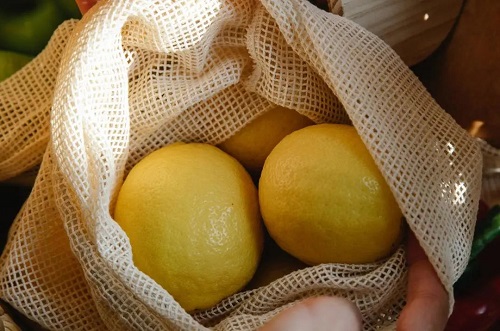2021年7月31雅思大作文题目
Today some food travels thousands of miles from the farm to the consumers.
Why is this? Is it a positive or negative trend?
解析
“如今,一些食物跋山涉水直接从农场到达消费者手里,为什么?这是否积极?”
首先,为什么要舍近求远呢?原因可能涉及到本地不产、本地产出不够、外地价格便宜等
其次,实现远距离运输,又涉及到食物的保存和运输,那我们可以考虑运输成本、保存技术等因素
第二部分表态积极与否:稍作让步,大头写积极。
远距离运输可能对环境有影响,但,运输产生的碳排放其实远少于生产过程的碳排放。
且,食物进口能满足消费者需求,提供高质量产品,又能推动经济发展。
写作示范
With international trade increasing greatly over the past few decades, now supermarkets can source foods from farms thousands of miles away. There could be several reasons why this is the case, and I think this is a desirable trend.

The first reason why we import food is that demand fuels supply. To explain, as food tastes become more international, consumers seek a more diverse food supply that is simultaneously tasteful and affordable. Western people, for example, have an increasing demand for Asian cuisines. These foods, if produced in countries where labor and production costs are just a fraction of those in their homegrown counterparts, are often sold at lower prices, which has further made food imports a desirable decision. Another reason is the increasingly efficient modes of transport, including sea freight, road and rail transportation, and air freight, with which food can travel between continents and reach consumers’ tables within just one day.
Some people are criticizing food imports for, on the face of it, long-distance transportation generates great quantities of carbon dioxide emissions, but it is production emissions but not transport ones that dominate food emissions. I would argue that there are more positive impacts. Most directly, importing food enables people to access more high-quality choices. The quality is safeguarded as regulations on these foods are usually so strict that only the best ones can end up on the market. Not only that, but both importing and exporting create more available jobs such as intermediaries and haulers, boosting the economy on a global level.

In conclusion, to meet consumers’ demand for foods of more varieties, some food now travels thousands of miles to consumers, and the efficient means of transport has made this possible. As an indispensable part of our current food system, the food of long-distance travel benefits both consumers and the global economy.